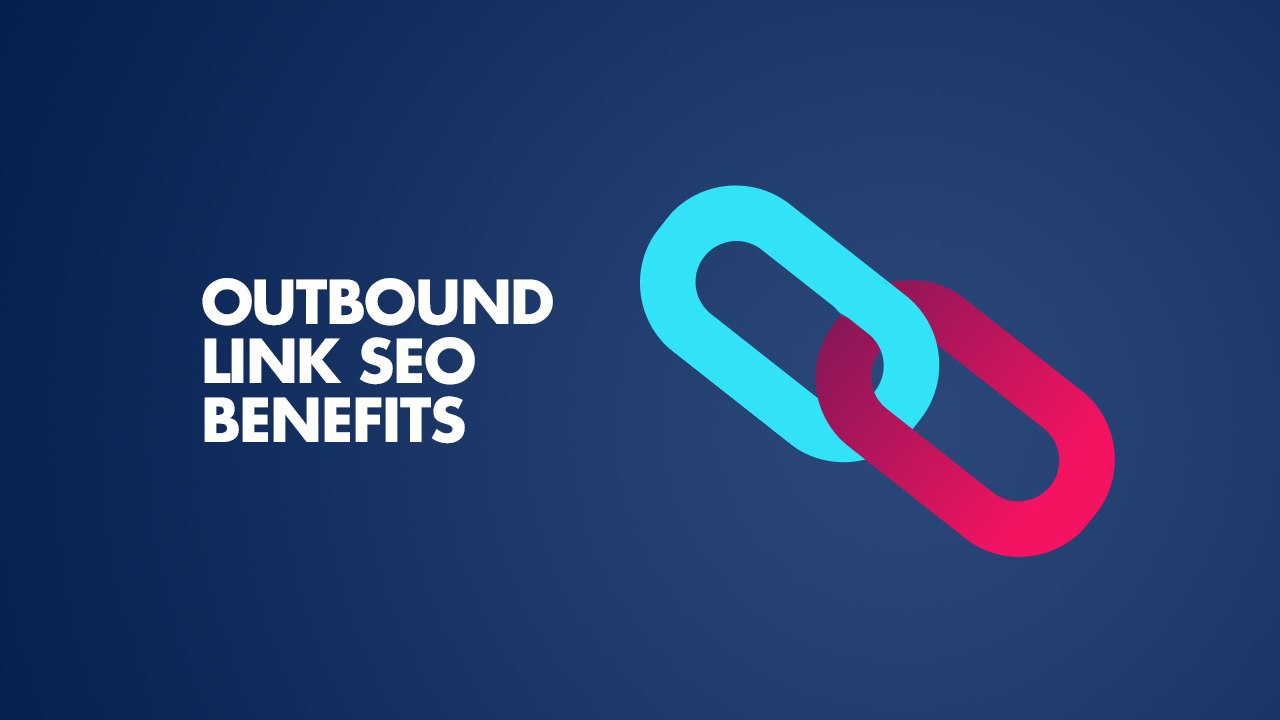Introduction
In the realm of SEO and website navigation, understanding the difference between outbound links and internal links is crucial for optimizing content and enhancing user experience. While both types of links serve important functions, they are not the same.
Internal links are hyperlinks that connect one page of a website to another page within the same domain. These links help users navigate through related content and establish a hierarchy within the site. For instance, a blog post about healthy recipes might link to other articles on meal prep or nutrition tips on the same site.
Benefits of Internal Links:
- Improved Navigation: Internal links guide visitors to related content, making it easier to find information and stay engaged.
- SEO Advantages: They help search engines crawl and index your site more efficiently, distributing page authority and improving overall SEO.
- Reduced Bounce Rate: By encouraging users to explore more content, internal links can lower bounce rates and increase time spent on the site.
Outbound links, on the other hand, are hyperlinks that direct users from your website to a different domain. For example, if a blog post cites a study and links to the research paper hosted on another website, that’s an outbound link.
Benefits of Outbound Links:
- Credibility and Authority: Linking to reputable external sources can enhance your content's credibility and demonstrate thorough research.
- Improved User Experience: Outbound links can provide readers with additional valuable information and context, enriching their understanding of the topic.
- Networking Opportunities: Linking to other websites can foster relationships within your industry, potentially leading to reciprocal linking and collaboration.
Conclusion
In summary, outbound links and internal links serve different purposes in web navigation and SEO. Internal links connect content within the same site, aiding navigation and SEO, while outbound links direct users to external sources, enhancing credibility and user experience. Both types of links are essential components of a well-structured website and should be used strategically to optimize content and engage users effectively. Understanding their distinct roles will help you create a more effective linking strategy for your website.
